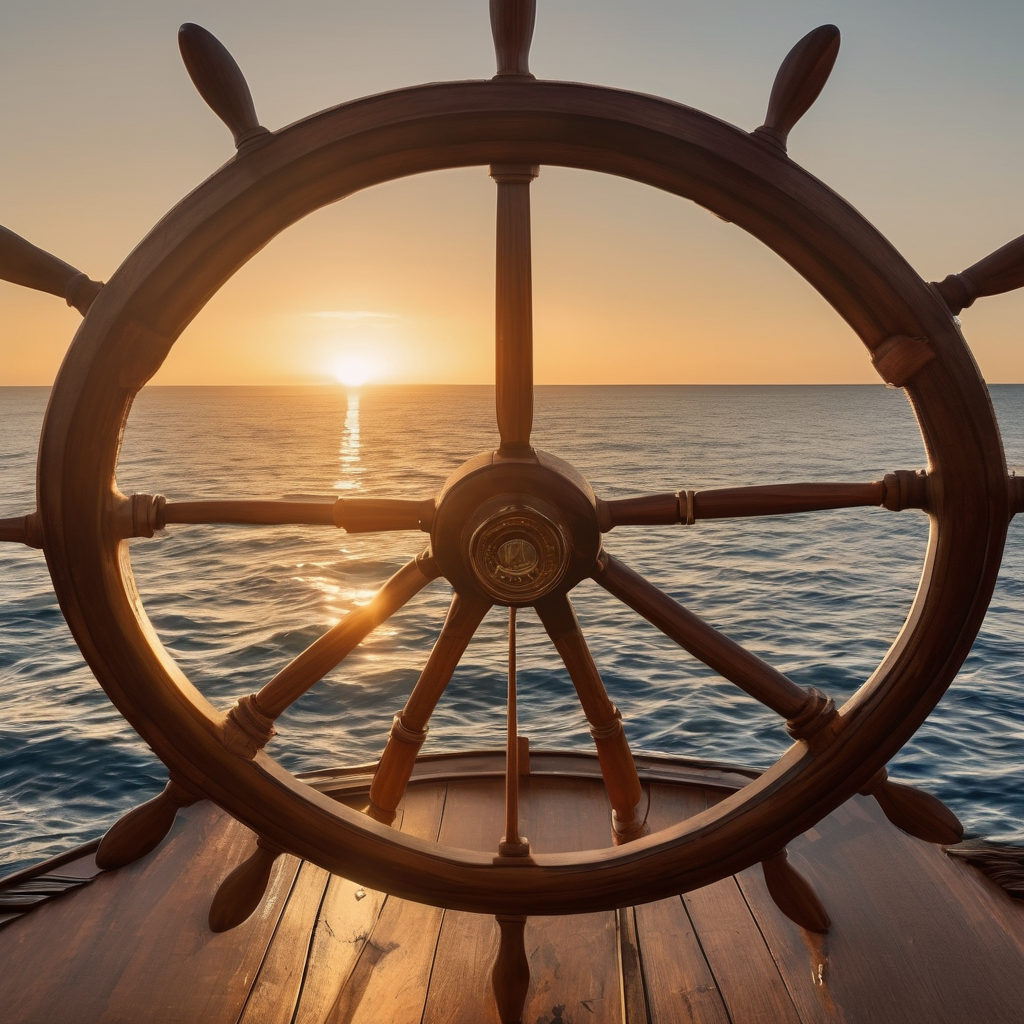At the recent Cyprus Maritime Conference, a panel of five shipowners expressed strong disapproval of the International Maritime Organization’s (IMO) Net Zero Framework (NZF). The panel members criticized the proposed regulations for lacking adequate consultation with industry stakeholders, warning that these measures could increase costs for consumers and not effectively address climate concerns.
John Procopiou, chairman of Dynacom Tankers, was at the forefront of the opposition, characterizing the proposed climate regulations as a “kolotoumba,” a Greek term that implies a reversal of intended effects, suggesting they could lead to higher costs and increased emissions. Alongside him, Thanassis Martinos of Eastern Mediterranean voiced similar concerns, pointing out that the maritime industry’s contribution to global carbon emissions is relatively minor, making the proposed regulations appear disproportionate to the problem they aim to solve.
Amid this critical dialogue, Semiramis Paliou, CEO of Diana Shipping, stood out as the only dissenting voice on the panel and noted the intimidation she felt as the sole woman among male industry leaders.
Procopiou highlighted a fundamental conflict between politicians, who often seek appealing solutions during their brief tenure, and shipowners, who favor feasible options. He underscored the industry’s dedication to environmentally friendly practices, arguing that fuel savings are intrinsically linked to operational efficiency. Procopiou also expressed frustration over the lack of available effective green fuels, seeking direction on sustainable purchasing options.
This discussion coincides with broader debates occurring within the IMO, as member states grapple with differing national interests and the urgent call for climate action. Previous meetings have highlighted tensions, notably as developing nations seek equitable solutions acknowledging their vulnerability to climate change. The IMO’s push for a global emissions reduction framework has sparked criticism and showcased a range of positions from member nations, reflecting the complexities of addressing climate challenges in maritime operations.
Although significant divisions regarding the Net Zero Framework persist, the ongoing discussions offer a glimmer of hope that a consensus may emerge. This would seek to harmonize economic necessities with the critical need for climate-oriented responsibility in shipping. The collective drive among shipowners towards sustainable practices suggests potential for constructive collaboration, promising a more accountable and less polluting future for the shipping sector.
